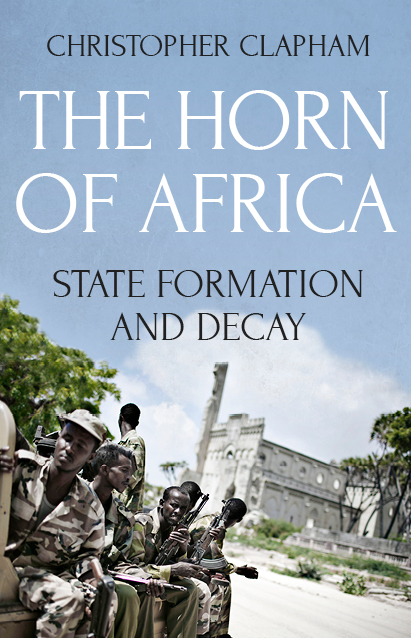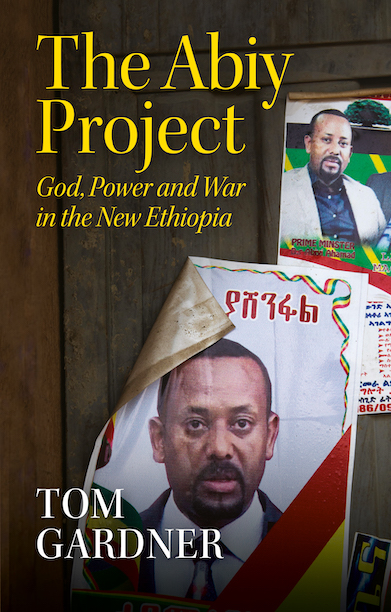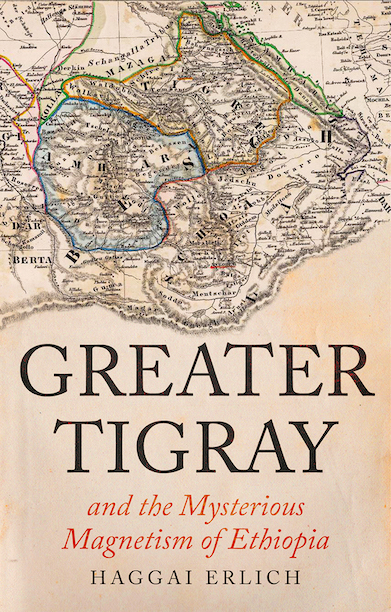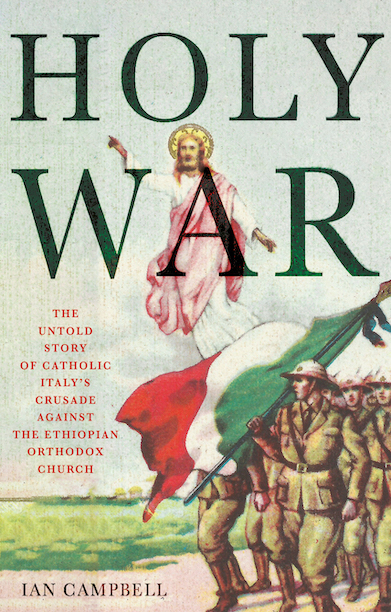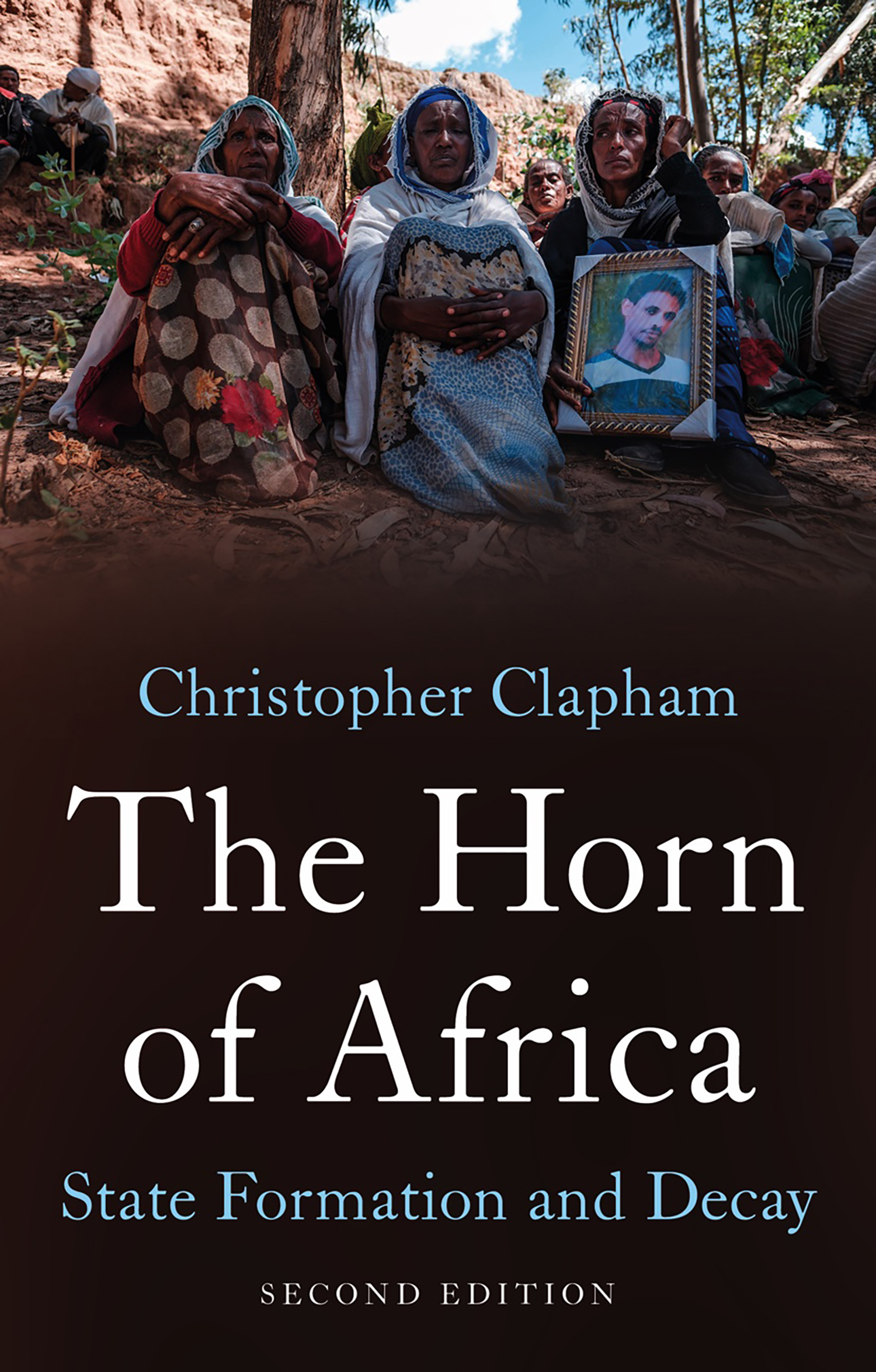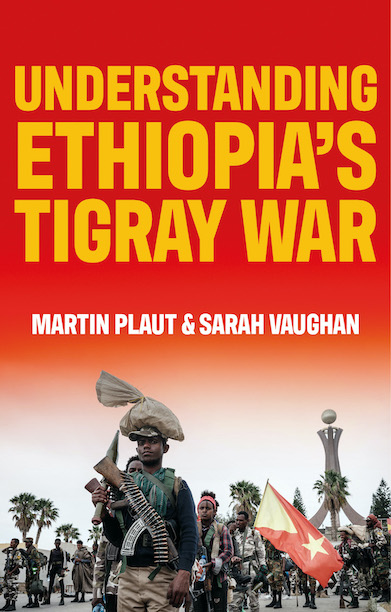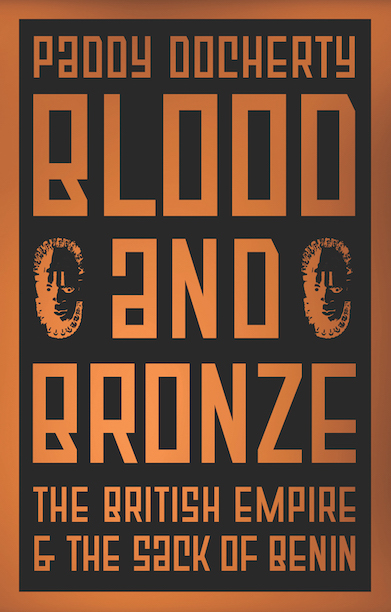The Horn of Africa
State Formation and Decay
What distinguishes the Horn of Africa from the rest of the continent and explains its political fragility? This is the book to read.
Description
Why is the Horn such a distinctive part of Africa? This book, by one of the foremost scholars of the region, traces this question through its exceptional history and also probes the wildly divergent fates of the Horn’s contemporary nation-states, despite the striking regional particularity inherited from the colonial past.
Christopher Clapham explores how the Horn’s peculiar topography gave rise to the Ethiopian empire, the sole African state not only to survive European colonialism, but also to participate in a colonial enterprise of its own. Its impact on its neighbours, present-day Djibouti, Eritrea, Somalia and Somaliland, created a region very different from that of post-colonial Africa. This dynamic has become all the more distinct since 1991, when Eritrea and Somaliland emerged from the break-up of both Ethiopia and Somalia.
Yet this evolution has produced highly varied outcomes in the region’s constituent countries, from state collapse (and deeply flawed reconstruction) in Somalia, through militarised isolation in Eritrea, to a still fragile ‘developmental state’ in Ethiopia. The tensions implicit in the process of state formation now drive the relationships between the once historically close nations of the Horn.
Table of contents
Introduction: An African Anomaly
- The Power of Landscape
Introduction
The Highland Core
The Lowland Periphery
The Highland Periphery
The Population Dynamics of the Horn
- Histories of State Creation and Collapse
Structures of Partition
Empire, Revolution and State Failure in Ethiopia and Eritrea
The Death of the Somali Dream
1991: Year Zero in the Horn
- State Reconstruction in Ethiopia
A New Kind of Ethiopia?
Creating a Managed Political Order
The Impact of War
Elections, Participation and the Crisis of 2005.
Building a Developmental State
Managing the Succession
The Ethiopian Experiment
- Eritrea: The Tragedy of the Post-Insurgent State
The Creation of an Eritrean State
The 1998-2000 War and its Aftermath
Post-War Eritrea: The Traumas of Regime Survival
A New Kind of Eritrea?
- Managing Somali States
Introduction: The Problems of Somali Governance
South-Central Somalia: The Contradictions of External State-Building
The Somaliland Option
The Djibouti Anomaly
6. The Horn, the Continent and the World
Structures of Regional Hegemony and Contestation
Continental and Global Agendas
Reviews
‘A sharp political history’ — Foreign Affairs
‘[An] important and eminently readable new book . . . masterful. . . . the book constitutes an extremely valuable tool for practitioners. Its message is a powerful one.’ — Cambridge Review of International Affairs
‘Distinguished political scientist and veteran Ethiopianist Christopher Clapham has written a fascinating account . . . insightful, thoughtful, and full of wisdom.’—African Studies Review
‘An accessible history of one of the most unique corners of Africa … an important book of history that is frankly a pleasure to read.’ — H-Africa
‘An excellent introduction to the specificities of the Horn.’ — Phébé
‘Successfully depicts the Horn of Africa as much more than the disaster zone it is widely perceived to be.’ — Survival
‘Christopher Clapham is without doubt one of the most knowledgeable experts on the Horn of Africa in the world, and this is a must-read book for anyone working in or on the region. With his characteristic wit and palpable compassion for the people who live in the Horn, Clapham shares a lifetime of keen insights on the region’s extraordinarily complex and often tragic political trajectories.’ — Ken Menkhaus, Professor of Political Science, Davidson College
‘Christopher Clapham should be commended for synthesising a career of scholarship on the Horn of Africa into a short volume written in fluid and engaging prose. Those seeking an introduction to a region which defies easy explanation would struggle to find a better foundational text in paperback.’ — Nick Branson, Africa at LSE
‘An old master on superb form: Christopher Clapham’s latest book is a work of great clarity, trenchant analysis and original insight.’ — Harry Verhoeven, Assistant Professor, School of Foreign Service in Qatar, Georgetown University, and co-author of Why Comrades Go to War: Liberation Politics and the Outbreak of Africa’s Deadliest Conflict
‘Clapham has produced a book which is simultaneously both an accessible, concise synthesis and a monument to erudite scholarship. His text thus serves as both a unique introduction to the peoples and history of the Horn and an original resource for academic and policy specialists. Clapham’s refreshingly clear prose and comparative analyses replace simplistic stereotypes and received wisdom by analysing how variegated landscapes, religions, languages and livelihoods forged power and authority in the Horn of Africa.’ — David Styan, Birkbeck College, University of London
‘Characteristically erudite, trenchant and provocative, The Horn of Africa offers that rare combination: an enjoyably “good read,” at once informative, accessible and beautifully written; an important and lucid synthesis informed by a lifetime of extraordinary scholarship in tackling head-on the exceptionalism of this part of Africa; and a stimulating challenge to the thinking of specialists, activists, students and citizens of this complex and contested region.’ — Sarah Vaughan, Honorary Fellow, University of Edinburgh
‘This is a wonderful book written with great erudition and affection for the peoples and countries of the Horn of Africa, by a longstanding expert who is now enjoying emeritus creativity at the University of Cambridge’s Centre for African Studies. It is also yet another valuable contribution to regional studies from London’s excellent publisher, Hurst.’— International Affairs
Author(s)

Christopher Clapham is based at the Centre of African Studies, Cambridge University, and recently retired as editor of The Journal of Modern African Studies. Until December 2002, he was Professor of Politics and International Relations at Lancaster University. He is a specialist in the politics of Ethiopia and the Horn of Africa, and his books include Transformation and Continuity in Revolutionary Ethiopia (1988), Africa and the International System (1996), and African Guerrillas (1998).
